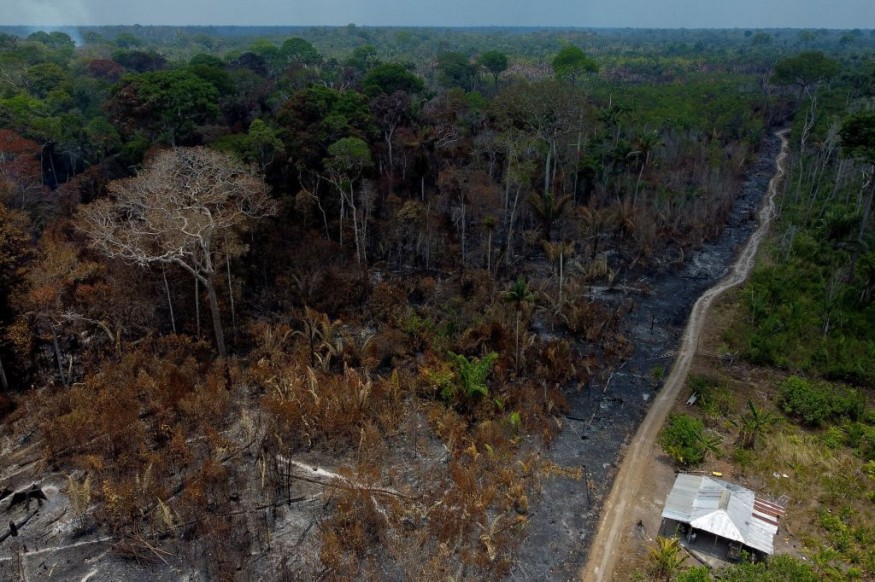The Amazon in Brazil is no stranger to threats, including deadly wildfires. The latest report highlighted that the region experienced the worst six months of wildfires in 20 years.
In recent Nature World News (NWN) reports, the Amazon has experienced extreme weather conditions, including the following:
- Prolonged drought
- Heatwaves
- Flooding rainfall
- Wildfires
The prolonged drought in the Amazon has affected forest areas, wildlife, and significant biodiversity in the region. Additionally, wildfires and drought devastate communities and people's livelihoods.
Considering the alarming effects on the animal kingdom and biodiversity, studying the potential threats to the Amazon will help provide new insights into mitigation and protection plans amid the rising climate change concerns.
Devastating Wildfires in Brazil's Amazon: Why Is It Concerning?

Climate change has been significantly affecting the increasing wildfires in Brazil's Amazon. It can help intensify and lead to a rapid spread of fires in the region. Life-threatening fires can likely worsen due to the following:
- Low relative humidity
- Heatwaves
- Strong wind gusts
The report states that the first half of 2024 recorded about 13,489 wildfires, a 61% increase compared to the same period last year. Additionally, this is considered the worst data in 20 years.
Mitigating wildfires is considered crucial for Brazil amid the problems of climate change. However, the situation is not easy because of the widespread deforestation.
Without urgent mitigating plans and efforts, these wildfires could worsen and become more frequent due to global warming and hotter temperatures. Additionally, nearby communities and people's livelihoods could become vulnerable to fires.
In addition to rising data reports, the recent wildfires reached records in the Pantanal wetlands and the Cerrado savanna. The data poses a potentially worrisome concern that more wildfires could spawn in September.
- In the Pantanal, about 3,538 wildfires were recorded in the first six months of 2024, an increase of over 2,000% compared to last year.
- Over 13,229 fires were reported in the Cerrado savannah from January through June.
Widespread deforestation declined by 42% (from January to June 21) compared to last year. The report also explains the potential sources of fires, including the following:
- human activity
- agricultural burning
The Role of Protected Areas like Amazon
In a June report by NWN, protected areas, known as nature reserves, are considered one of nature's best defenses against climate change and global warming. The Amazon in Brazil's vast area is crucial for the environment and animal kingdom.
Protecting these areas is essential for conservation efforts and mitigating the alarming consequences of climate change.
For more similar, don't forget to follow Nature World News.
© 2025 NatureWorldNews.com All rights reserved. Do not reproduce without permission.





